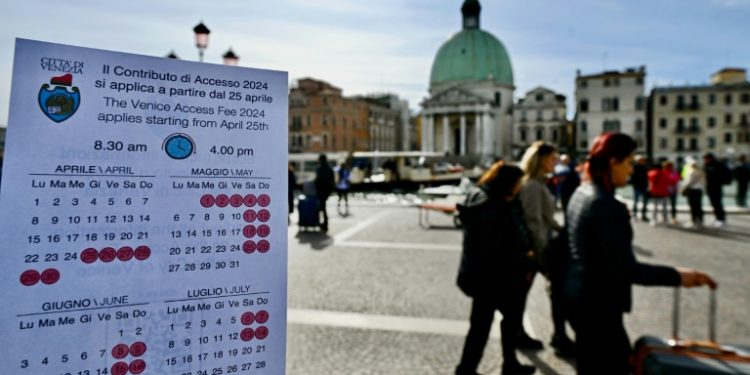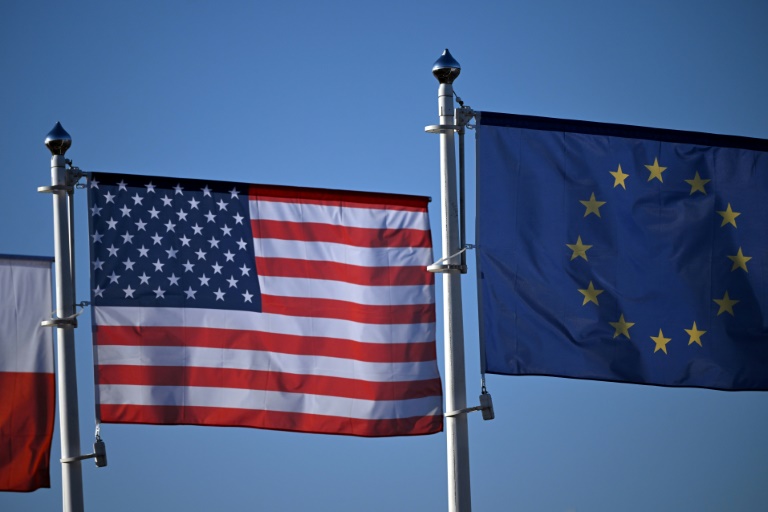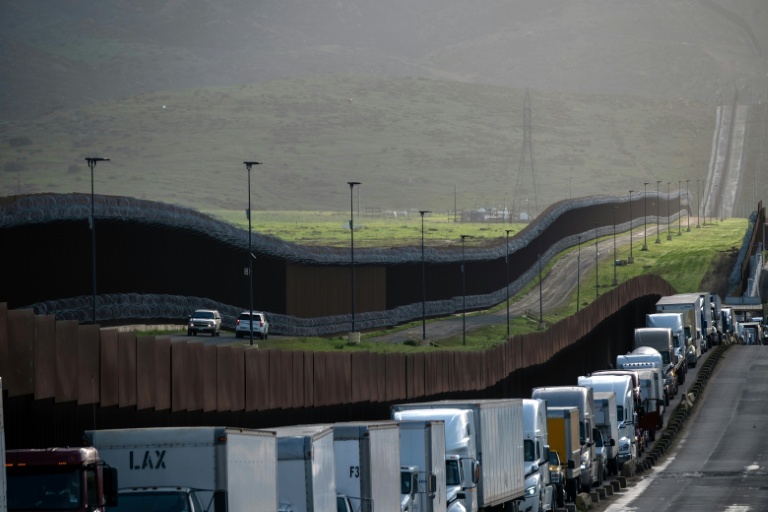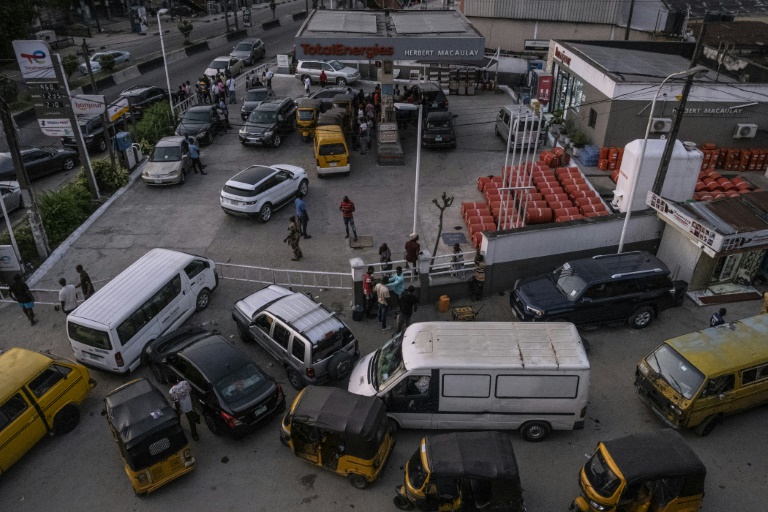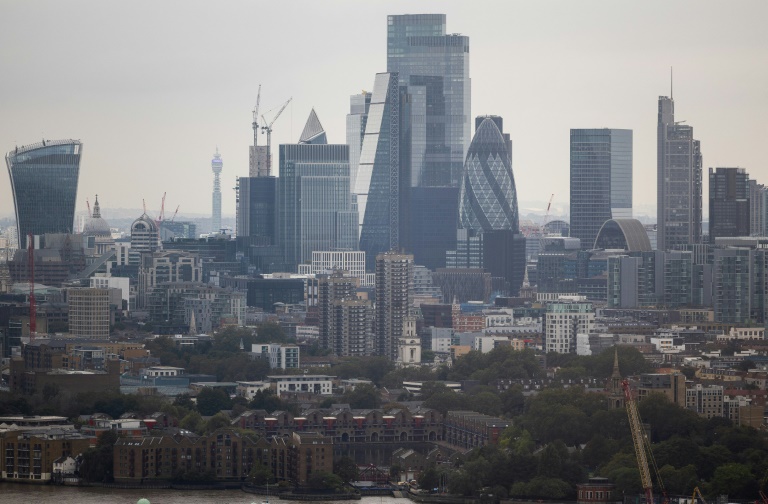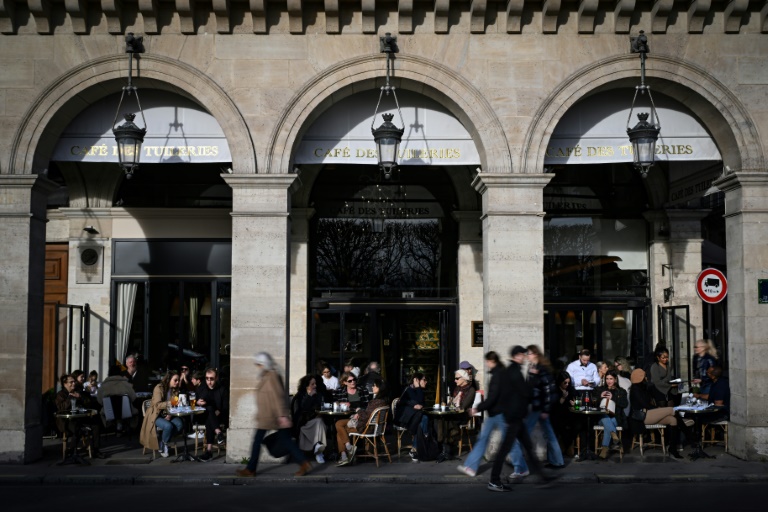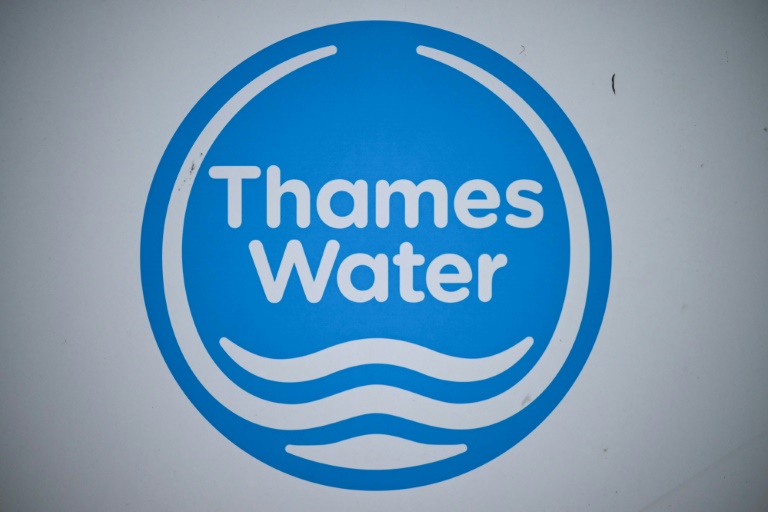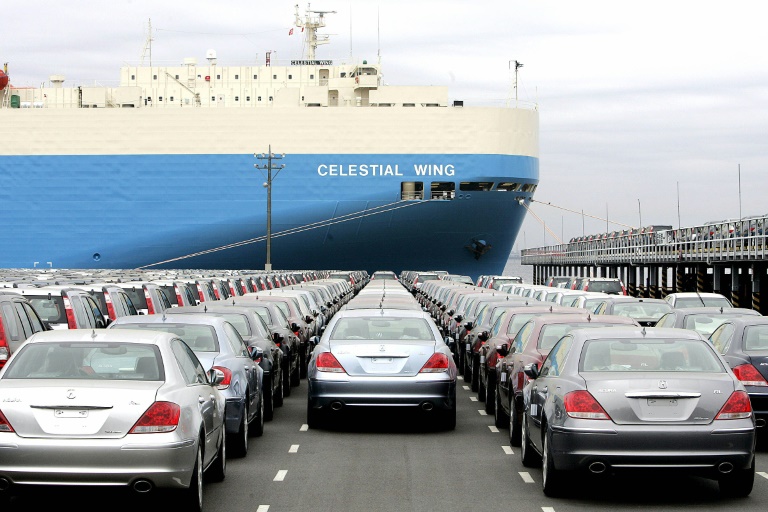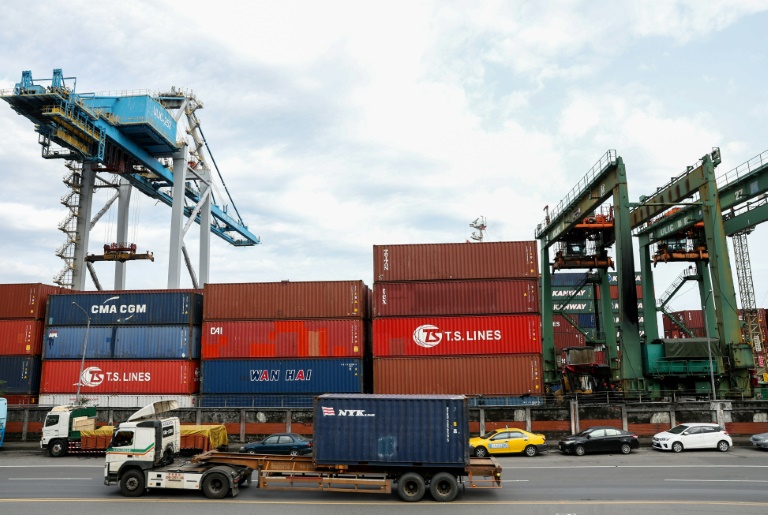Rome (AFP) – Venice will this week begin charging day trippers for entry, a world first aimed at easing pressure on the Italian city drowning under the weight of mass tourism.
On Thursday — a public holiday in Italy — day visitors will for the first time have to buy a five-euro ($5.3) ticket, monitored by inspectors carrying out spot checks at key points in the UNESCO world heritage site.
Venice is one of the world’s top tourist destinations, with 3.2 million visitors staying overnight in the historic centre in 2022 — dwarfing the resident population of just 50,000.
Tens of thousands more pour into the city’s narrow streets for the day, often from cruise ships, to see sights including St Mark’s Square and the Rialto Bridge.
The aim of the tickets is to persuade day trippers to come during quieter periods, to try to thin out the worst of the crowds.
Initially, tickets will only be required on 29 busy days throughout 2024, mostly weekends from May to July.
But the scheme is being closely watched as tourist destinations worldwide grapple with surging numbers of visitors, who boost the local economy but risk overwhelming communities and damaging fragile ecosystems and historical sites.
In Spain, the world’s second-most visited country after France, tens of thousands of people protested in the Canary Islands on Saturday to demand limits on visitor numbers to the archipelago.
Luigi Brugnaro, the mayor of Venice, has described the city’s scheme as “an experiment, and the first time it’s been done anywhere in the world”.
“Our aim is to make Venice more liveable,” he told reporters earlier this month.
– UNESCO warning –
Venice, spread over more than 100 small islands and islets in northeastern Italy, is considered one of the world’s most beautiful cities.
The UN cultural body UNESCO listed the city and its lagoon as a world heritage site in 1987, citing it as an “extraordinary architectural masterpiece”.
But UNESCO threatened last year to put Venice on its list of heritage in danger, citing mass tourism and also rising water levels attributed to climate change.
Venice only escaped the ignominy after local authorities agreed the new ticketing system.
The idea had long been debated, but repeatedly postponed over concerns it would seriously dent tourist revenue and compromise freedom of movement.
During a debate on the plan last September, opposition councillors cast the measure as a hastily arranged concession to UNESCO that would not have any impact.
“Fifty euros might have done something,” said one, Gianfranco Bettin.
In 2021, Venice had already imposed a ban on massive cruise ships from which thousands of day-trippers emerge daily, rerouting them to a more distant industrial port.
It has also introduced a tax for overnight visitors.
– No queues –
Venice’s mayor has promised the new system will be imposed with a light touch with “very soft controls” and “without queues”, rejecting speculation the city would be installing barriers or turnstiles in the streets.
Controllers will be stationed in and around the city’s main entrances, notably the Santa Lucia train station, performing spot checks on visitors.
Tourists without their ticket will be invited to purchase one on arrival, with the help of local operators.
But they could also risk fines ranging from 50 to 300 euros.
The “Venice Access Fee” targets only daily tourists entering the old town between 8:30 am and 4:00 pm, with tourists staying in hotels, minors under 14, and the disabled among those exempt.
For the time being, there is no ceiling on the number of tickets — downloaded in the form of a QR code from a website (https://cda.ve.it/en/), distributed each day.
© 2024 AFP

